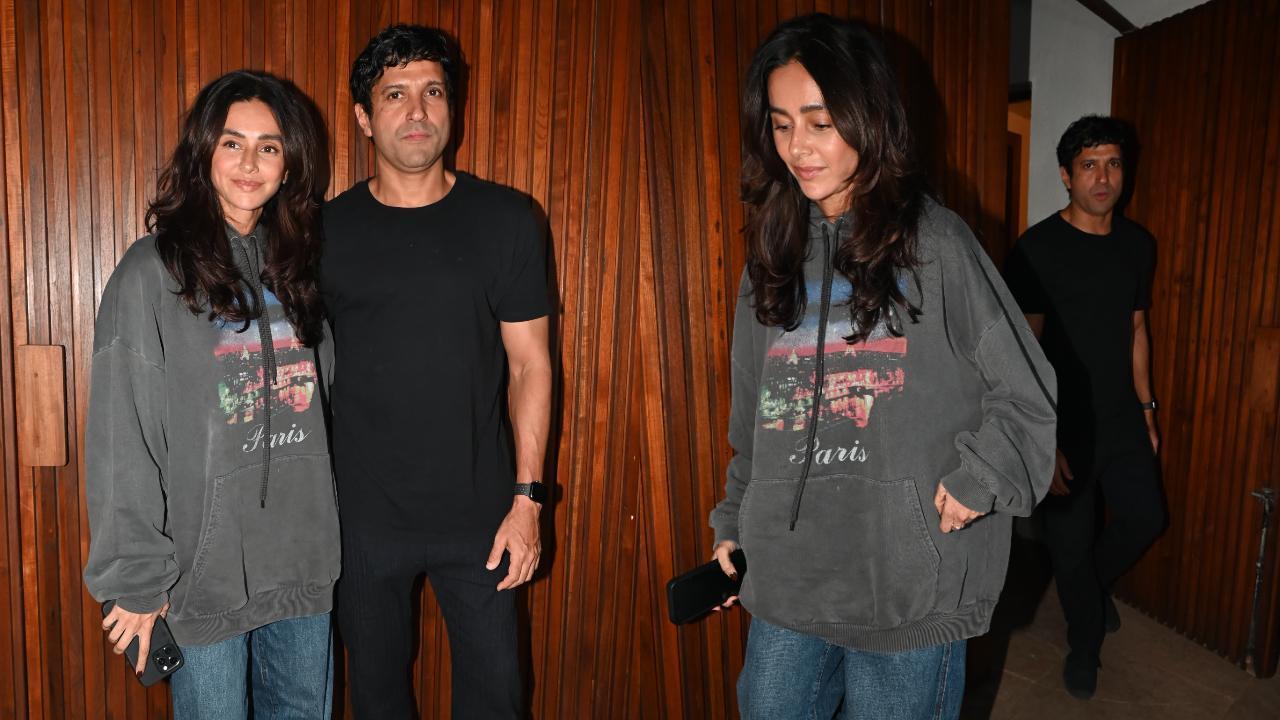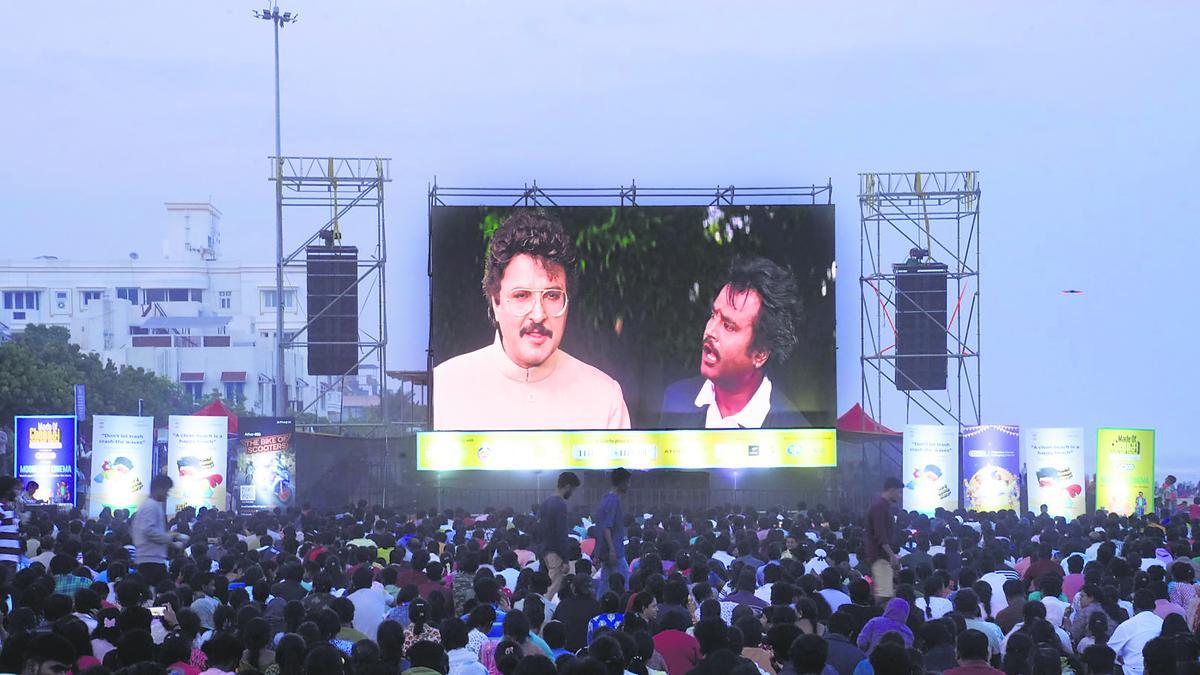
New Delhi: Amid a cinematic landscape dominated by high-octane blockbusters with exorbitant budgets, a relatively modest film quietly made ripples that resonated deeply with its viewers. Vidhu Vinod Chopra’s “12th Fail,” headlined by Vikrant Massey, shared a compelling tale of resilience and perseverance that captivated its audience despite the allure of more commercial offerings such as “Jawaan” and “Tiger 3”.
An adaptation of Anurag Pathak’s bestselling novel, “12th Fail” traces the aspirational journey of Manoj Kumar, portrayed by Vikrant Massey and inspired by author Anurag Pathak himself. It resonated with the reality of millions who annually face the daunting UPSC exams, swinging between hope and heartbreak. Against the odds and without the luxury of massive screen count, the film managed to achieve an applaudable box office collection of 70 crores—considered modest by industry standards but monumental in proving that content is indeed king.
Vidhu Vinod Chopra’s strategic choice to retain the film’s rights and delay its OTT release paid off handsomely, widening its reach and reinforcing its success story. Unlike typical commercial cinema, “12th Fail” was grounded in its relatable storyline and credible performances, eschewing bombast for authenticity.
The director’s ideology was clear: “My job is to create cinema and share my belief system with the world.”
Pankaj Tripathi, a celebrated actor in his own right, echoed a similar sentiment by underscoring the role of an astute audience capable of influencing cinematic narratives. He further critiqued the industry’s obsession with box office numbers, suggesting that artistic value and financial success aren’t always proportionate.
The film’s journey was reflective of the obstacles faced even by mainstream productions that prioritized narrative substance. Vicky Kaushal’s “Sam Bahadur,” despite its critical approval, was overshadowed by the financial juggernaut “Animal”, which amassed a staggering 600 crores. The phenomenon raised questions about the validity of equating monetary gain with cinematic significance.
Manoj Bajpayee, another revered actor, voiced concerns over the implications of box office dynamics on storytelling and actor’s responsibility. He urged a shift from quantifying success in crores to championing well-crafted stories. His personal experience with limited releases like “Joram” and “Sajni Shinde Ka Viral Video,” which later found a considerable audience on streaming services like Netflix, served as first-hand evidence of this disconnect.
The convoluted reality of the film industry today involves social media engagement and the conflation of online presence with professional opportunities. “12th Fail’s” performance, however, offers a glimmer of hope that content can cut through the noise of marketing machinations and influencer endorsements.
“12th Fail’s” impressive stride in both theatres and on streaming platforms could herald the dawn of a new era in Indian cinema where narratorial power retains its rightful throne. It stands as a beacon for filmmakers and audiences alike, heralding a potential shift away from the traditional yardstick of box office metrics.
Indeed, the message is loud and clear: a film’s true value may transcend the confines of ticket sales and emerge victorious through its ability to connect, inspire, and endure. “12th Fail” not only succeeded in doing just that but also opened the dialogue on the essence of filmmaking, the role of actors, and the evolving parameters of cinematic success.
As the industry continues to evolve, the underdog tale of “12th Fail” sheds light on a simpler truth—cinema, at its core, is an art form, one that thrives on genuine storytelling and the indomitable spirit of the human journey. It serves as a pivotal reminder that amidst the clamor for revenue and star power, the heart of a film lies within its capacity to touch the human soul.
Exhibitors, now more attentive to audience preference for substance over spectacle, are re-evaluating their metrics for success, pondering whether “12th Fail’s” success is a mere anomaly or the precursor to a much-needed systemic change. Only time will tell if this cinematic trend will hold, but for now, “12th Fail” has marked its territory, not with its earnings, but with the impact it has left on the landscape of Indian cinema.










